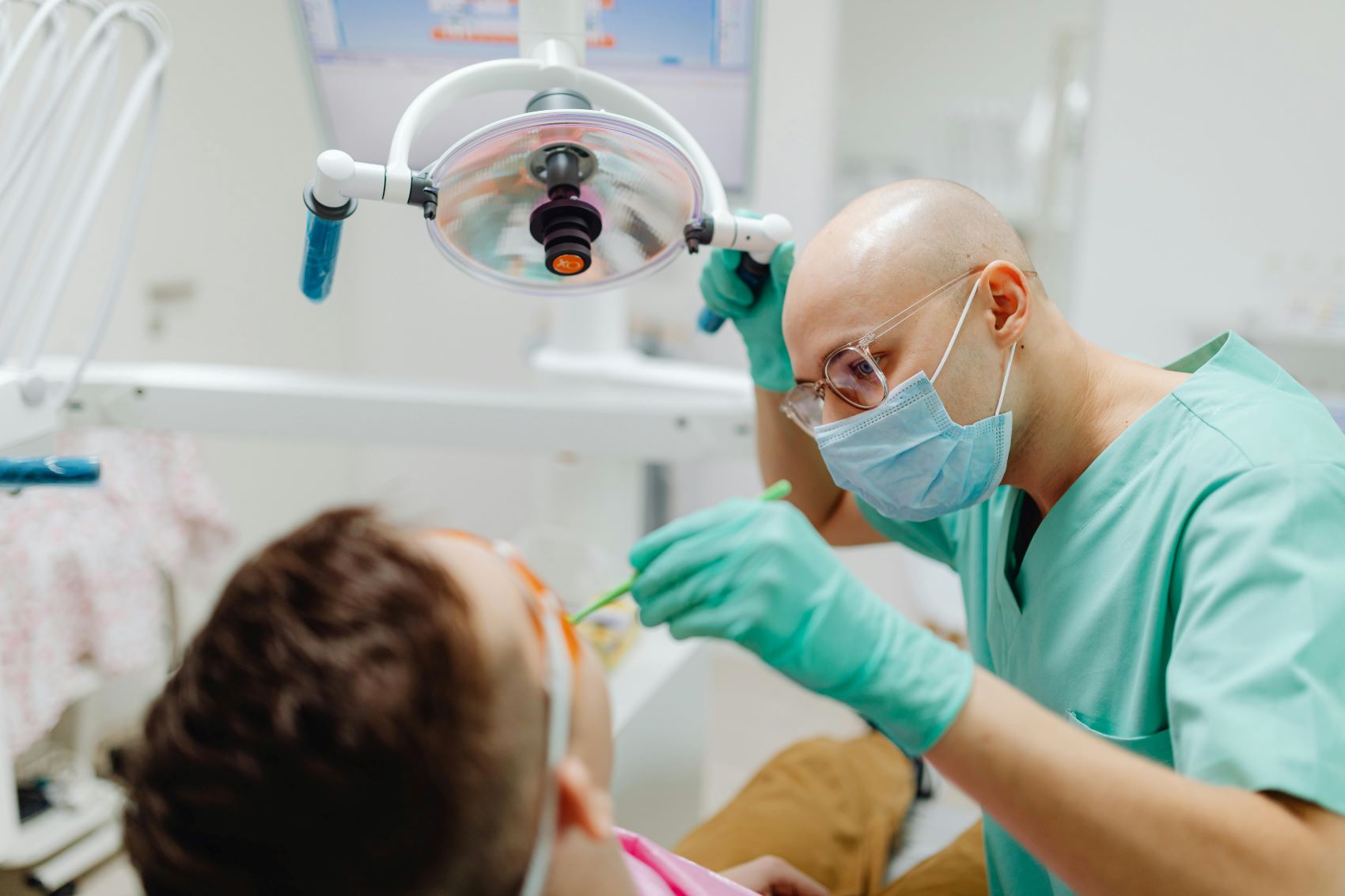The Importance of Early Detection in Breast Cancer and Finding Suitable Cancer Accommodation
Early detection of breast cancer can save lives. By catching it early, treatment becomes more effective and less invasive, giving patients a better chance of survival. Find breast cancer early using routine screenings like mammograms and breast exams, as they play a vital role in managing this disease. Alongside medical care, many people require suitable housing during treatment. Let’s break down why early detection is crucial and how to find suitable cancer accommodation to ease the burden on patients.
Why Early Detection of Breast Cancer Is Important?
Catching breast cancer in its earliest stages is critical to successful treatment. Regular screenings, like mammograms, allow doctors to find breast cancer early, often before it shows any physical symptoms. While early detection does lead to higher survival rates, it’s important to note that the types of treatment recommended (such as mastectomy or chemotherapy) depend on various factors, including the cancer’s characteristics and not just the stage at diagnosis. Women between the ages of 40 and 44 can start screening with a mammogram every year, while those aged 45 to 54 should get mammograms every year. Women at higher risk due to family history or genetics may need to start screening earlier, typically with annual mammograms and breast MRIs starting at age 30. Screening helps identify cancer before it spreads, reducing the need for major surgeries like mastectomy and intensive therapies like chemotherapy.
Screening Recommendations for Early Detection
Health organisations recommend that women at average risk of breast cancer begin yearly screenings in their 40s. Starting earlier may be essential for those with a family history of the disease. Regular check-ups can find breast cancer early and increase the chances of a favourable outcome. The ACS does not recommend routine clinical breast exams or breast self-exams for average-risk women; instead, the emphasis should be on understanding breast health and reporting any changes. Early detection can lead to more treatment options and better recovery outcomes, so timely screening is essential.
Understanding Cancer Accommodation Needs
Many patients need to travel to specialised centres for breast cancer treatment, which is where cancer accommodation becomes essential. Patients who need long-term treatment, like chemotherapy or radiation, may require comfortable, accessible housing near their treatment facilities. Finding suitable cancer accommodation reduces stress and helps patients maintain a routine during difficult times. Accommodations should be close to hospitals, have accessible facilities, and provide a supportive environment for patients and their families.
Tips for Finding the Right Cancer Accommodation
- Proximity to Treatment: Find housing options close to hospitals or treatment centres to minimise travel time.
- Affordable Options: Check if hospitals provide low-cost housing options and explore non-profit organisations that offer affordable patient accommodation.
- Prioritise Comfort: Choose a place that is comfortable and conducive to recovery.
- Access to Medical Facilities: Ensure the accommodation has easy access to medical facilities and support services.
- Supportive Environment: Seek accommodations that provide a supportive atmosphere for patients and their families.
- Consider Amenities: To ease the living experience, look for amenities like kitchen facilities, laundry services, and transportation options.
- Research Reviews: Read reviews or ask for recommendations to find reputable accommodation options.
- Check Accessibility: Ensure the accommodation is accessible for those with mobility challenges or other special needs.
Conclusion
Early detection of breast cancer is vital in improving outcomes, reducing the need for aggressive treatments, and increasing survival rates. Regular screenings are the best way to find breast cancer early and begin treatment when it is most effective. Alongside early detection, securing suitable cancer accommodation plays a big role in reducing the challenges patients face during treatment. Choosing the right place to stay can make a difficult time more manageable, offering comfort and proximity to necessary care.












Post Comment